How to adopt a child while in the military
Military Child Adoption Information
Your heart is open to having a child in your lives or adding to your family. You’ve talked about it and agreed that adoption is the route you want to take. Arm yourself with information before you even call an adoption agency. There is a lot to learn about the adoption process. Read up on the process first by visiting the Child Welfare Information Gateway. This site, run by the Department of Health and Human Services, provides non-biased information about the process, different types of adoption, different agencies, and a glossary of terms.
Search out other military families in your community who have adopted. Ask lots of questions:
- Should we try a domestic or foreign adoption?
- What agency or law firm did you use? Who should we avoid?
- What did it cost?
- What would you have done differently or smarter?
Your installation family center might know about an adoption support group on your installation or in the community outside the gate. You’ll be surprised once you start asking how many families have adopted. While you are at the center, ask where new parent support classes are provided. You may be able to use these classes as part of your training once you are in the process. Also check with the chaplain’s office, a religious center, or the legal assistance office to see if they have a list of local resources for adoption.
Military Adoption Benefits for Active Duty Families Include:
- Up to $2,000 reimbursement for adoption expenses
- Up to 21 days of adoption leave to bond with your new child
- Health care benefits before the adoption is final
Reimbursement
Military service members who adopt a child under 18 years of age, including step-children, may be reimbursed for qualified adoption expenses up to $2,000 per adoptive child (up to a total of $5,000 if more than one child is adopted) per calendar year. In the case of a dual military couple, only one member may claim expenses for each adopted child.
Expenses incurred through the adoption of a service member’s children by a non-service connected step-parent do not qualify for reimbursement.
To claim reimbursement for an adoption, be sure to submit a DD Form 2675 no later than one year after the adoption is final.
The service member must be on active duty when filing for the reimbursement. You cannot get paid twice for the same expense by different programs. A separate form must be submitted for each child adopted. If you have questions as you are completing the form, you can email the Defense Finance and Accounting Service (DFAS) office in charge of reimbursement at [email protected].
Veterans with service-connected infertility are also eligible to receive reimbursement of adoption expenses. The reimbursement rates and covered expenses are the same as those offered to active duty families. The application for reimbursement must be submitted no later than two years after the adoption is finalized. For more information, visit the VA’s website.
For more information, visit the VA’s website.
Qualifications for Reimbursement
Leave
There are three categories of parental leave for service members: convalescent maternity leave, for service members who give birth; primary caregiver leave; and secondary caregiver leave. When adopting a child, service members can designate one parent as the primary caregiver, who is authorized up to six weeks of non-chargeable leave. The Army and the Air Force authorize 21 days of non-chargeable leave for secondary caregivers; the Navy and Marine Corps allow 14 days. Primary and secondary caregiver leave may be taken at any time within one year of the child’s adoption.
As with any leave, this is granted at the discretion of the commander. Only service members who are eligible for reimbursement of adoption expenses are eligible for this leave.
Health Care
Children under the age of 18 placed in the home of a service member by a placement agency for adoption are considered dependents.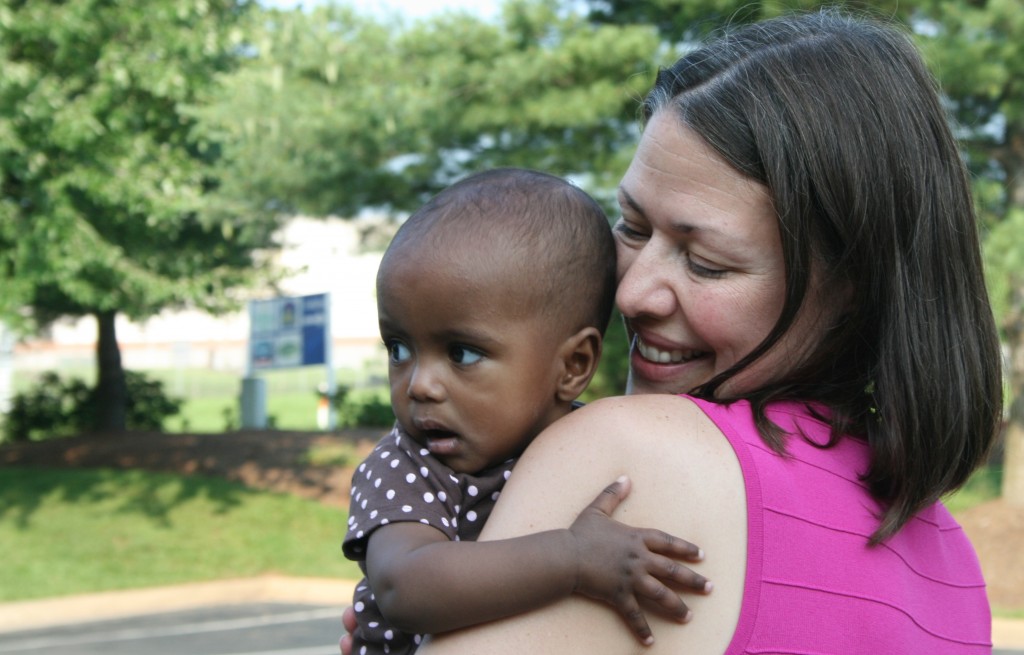 With a court order for the placement, an adopted child may be eligible for military health benefits. Required documentation for IDs can be found here.
With a court order for the placement, an adopted child may be eligible for military health benefits. Required documentation for IDs can be found here.
American Adoptions - What to Know About the Modern Military Adoption Process
Military members can begin a beautiful journey when they choose to grow their family through military adoption.
You can get information and consult with an adoption professional at 1-800-ADOPTION to realize your dreams of parenthood.
As your family serves our nation, it is our pleasure to serve you as you begin your adoption journey. Our staff is fully qualified to handle any military adoption situation.
The following guide will provide you with information about the military adoption process, benefits, and some additional military family adoption topics:
Adoption Process for Military Families Stationed Abroad
American Adoptions has worked with hundreds of couples around the world as they grow their family through our military adoption program.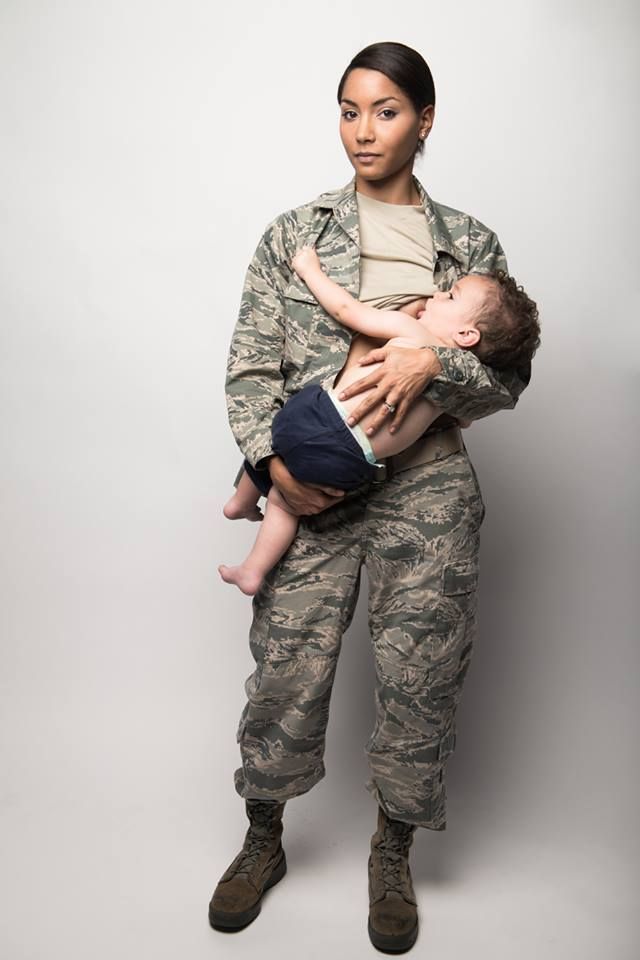 We are proud to be a military-friendly adoption agency. No matter where your family is stationed, American Adoptions can help you fulfill your dreams of parenthood.
We are proud to be a military-friendly adoption agency. No matter where your family is stationed, American Adoptions can help you fulfill your dreams of parenthood.
We also work with prospective birth parents who are active duty military and considering placing a child for adoption. If that's you and you're reading this, you can find a complete guide to adoption in the military here. You can also complete this form to speak to one of our experienced adoption professionals today to get more information about choosing adoption in the military.
The adoption process is a little different for military adoptions, as described in the following steps:
Step 1: Complete the Adoption Home Study
Required in each adoption, an adoption home study is an overview of your life, including criminal background checks, your finances and even your personal relationships. It is then used by the courts to assess if a stable environment exists for an adopted child.
Couples stationed abroad who are pursuing a military adoption are encouraged to research the home study requirements of their country. The agency will require supporting documents such as reference letters, physician reports, criminal clearances, marriage licenses and birth certificates that are all translated in English.
The agency will require supporting documents such as reference letters, physician reports, criminal clearances, marriage licenses and birth certificates that are all translated in English.
Depending on the country, the home study may be completed by a government agency, a licensed private social worker or a licensed adoption agency. Military couples should refer to the Social Services Department of the base where they reside for help finding a qualified home study provider.
Once the home study is complete, American Adoptions will work with the home study provider to ensure it meets all United States requirements.
Step 2: Obtain Legal Representation
American Adoptions strongly recommends that couples adopting a child in the military speak with an adoption or immigration attorney in the country where they reside to discuss any legal immigration or citizenship issues that may affect the adoption process.
Military families should consult with their local JAG office about their adoption plans before they begin the adoption process.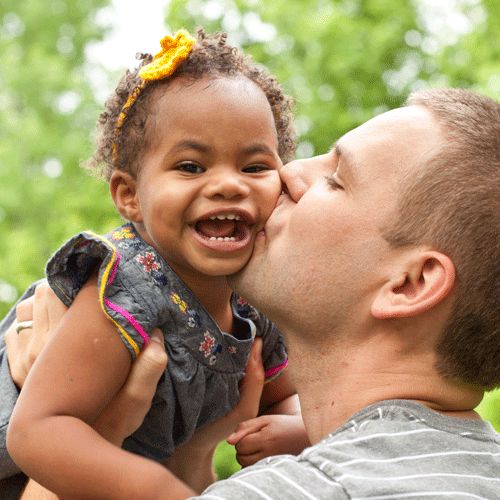 Couples should seek to retain an attorney with specific knowledge and experience in the steps that will be necessary to bring a child from the United States into the country where they reside. Our agency will require written verification from either legal counsel or an adoption authority in your country verifying that your adoption will be accepted and valid in your country.
Couples should seek to retain an attorney with specific knowledge and experience in the steps that will be necessary to bring a child from the United States into the country where they reside. Our agency will require written verification from either legal counsel or an adoption authority in your country verifying that your adoption will be accepted and valid in your country.
Step 3: Become an Active Family and Wait for Placement
Once American Adoptions verifies that your home study meets all United States requirements, and we have received your preliminary application, adoptive family profile, adoptive family video profile and your Adoption Planning Questionnaire (APQ), you will become an active family with American Adoptions.
Don’t worry; an adoption specialist will help you complete all of these necessary steps on your way to complete a military adoption.
Once you are an active family, your profile will then begin to be shown to expectant mothers, and your adoption process will then proceed as all other American Adoptions' cases from the time you are active with the agency until you find an adoption opportunity with an expectant mother.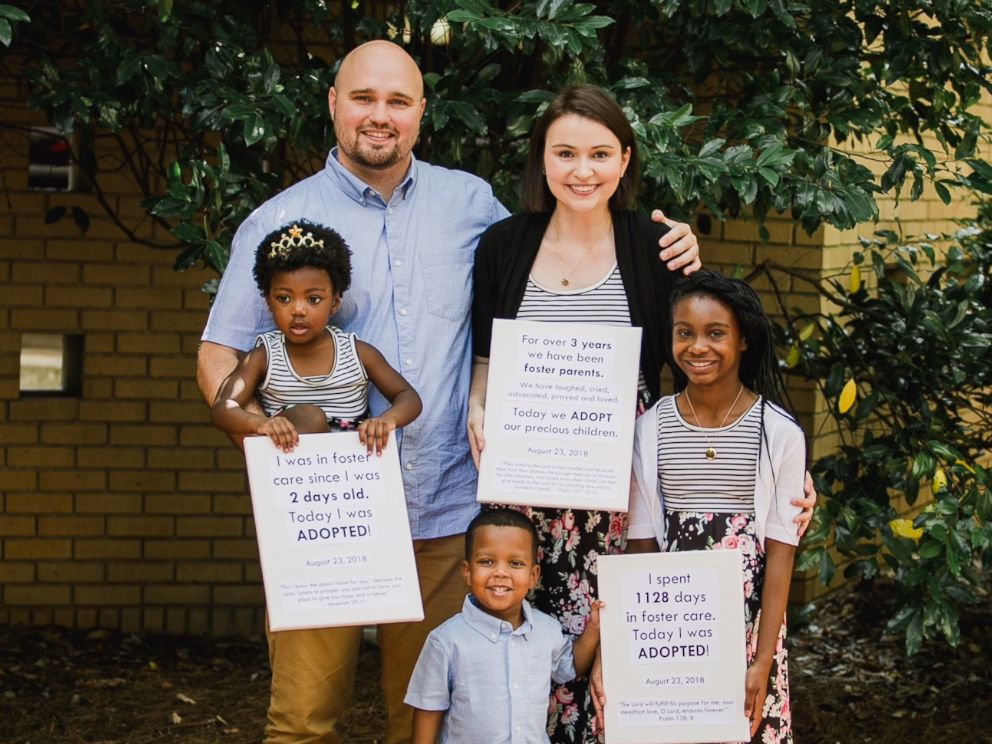
Step 4: Complete Placement and Finalization
This phase of the military adoption process can involve several steps, depending on the unique details of your situation. During placement and finalization, you can most likely expect to do the following:
Travel – Military couples living abroad will be required to travel to the United States for the placement of the child. You will need to apply for a passport for the baby before you can return to the country you are stationed in with the baby. This process takes an average of two to four weeks.
This process may require you to travel to another part of the United States to physically appear at one of the passport agencies that can assist in expedited passport services. Additionally, couples may be required to travel back to the United States for the finalization of the adoption, which typically occurs approximately six months following the placement of the child.
Citizenship – Military couples living abroad will be responsible for meeting all citizenship, immigration and passport requirements for the adopted child. This is required even though you and the child will be American citizens.
This is required even though you and the child will be American citizens.
Couples should note that the process of procuring a passport for their adopted child may be lengthy. Hopeful parents who are adopting a child while in the military are encouraged to seek the services of an experienced immigration or adoption attorney in the country where they reside to ensure that all immigration requirements are met.
Military couples should also consult with their local JAG office for more information on obtaining a passport for the adopted child and any other travel concerns.
Post-Placement Visits – All post-placement supervision visits must be completed according to U.S. requirements and the state where the adoption occurs. Since American Adoptions will not know which state the adoption will occur ahead of time, military couples should make sure that their post-placement provider is prepared to meet these requirements.
If we are unable to complete the post-placements visits, our agency will give your post-placement provider further assistance at the time of the supervision so they know how many visits to have, how to write the reports and where to send them.
If you plan to stay in the United States during the post-placement supervision time period, please prepare to contract with a post-placement provider in the United States. We can assist you with this further on a case-by-case basis once you receive placement.
Adoption Process FAQs
What happens if a spouse is deployed during the adoption process?
The deployment of a spouse does not stop the process in a military adoption. The spouse being deployed will simply need to grant power of attorney to the other spouse, which allows him or her to make all legal decisions regarding the adoption.
What if we are transferred to another state during the adoption process?
It is common for both military and non-military families to need to move during the adoption process. In these situations, the family will need to update their home study or apply for a new home study, depending on their home study provider. This may postpone the adoption process, as a fully updated home study is required for all adoptions.
Until your home study is completed or updated, we will be unable to help you find an adoption opportunity, but once completed, your adoption process will continue as usual. This is an unfortunate, but potentially unavoidable, challenge to adoption for military families. But don’t worry — a delay is not the end of the world. Your adoption can still continue, and your adoption specialist will help you understand the steps you need to take to move forward.
Military Adoption Benefits
Couples who are adopting a child while in the military could be able to access several unique benefits. The following are some of the most helpful resources and adoption programs for military families:
The Adoption Reimbursement Policy
The Adoption Reimbursement Policy allows up to $2,000 per child, or up to $5,000 per year, for qualifying expenses to adopting military families whose adoptions were arranged by a state adoption agency or a non-profit private agency.
Fees that can be reimbursed include adoption fees; placement fees, including fees for birth parent counseling; legal fees and court costs; and medical expenses, including hospital expenses of the biological mother and her newborn infant.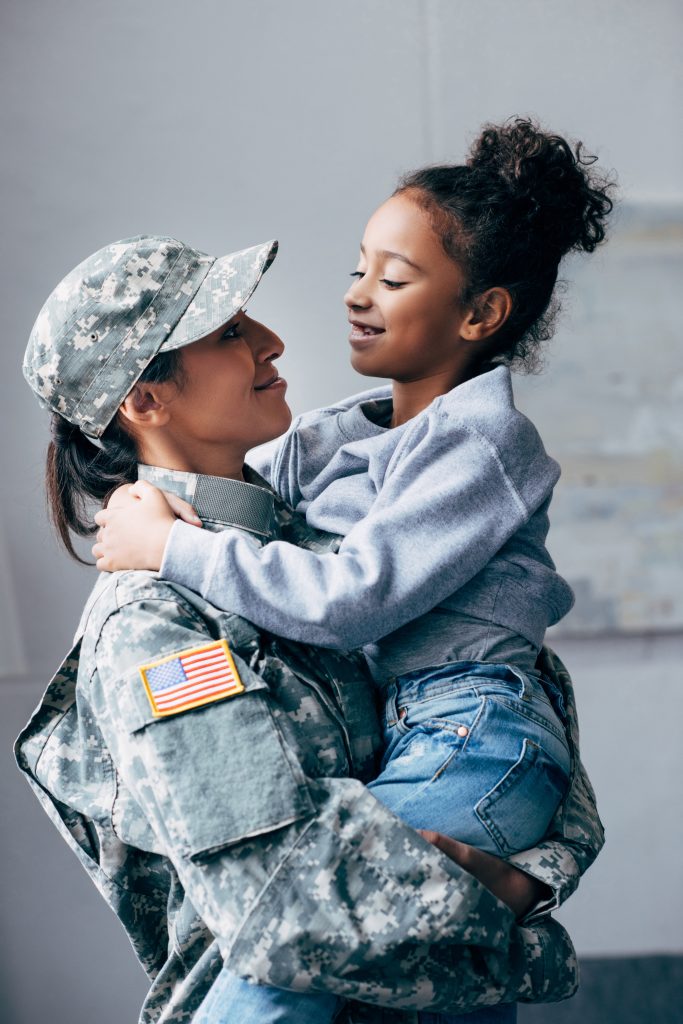 Benefits are paid after the adoption is complete.
Benefits are paid after the adoption is complete.
For more information, call the Adoption Exchange Association at (303) 755-4756 or visit www.militaryfamily.org.
Child Development Programs
Child development programs are available to families built through military adoption at approximately 300 Department of Defense (DoD) locations, including 800 centers and approximately 9,000 family child care homes. The services may include full-day, half-day and hourly childcare, part-day preschool programs, before- and after-school programs for school-aged children and extended hours care, including nights and weekends. Not all services are available at all installations.
Deployment Deferments or Assignment Extensions
Deployment Deferments or Extension of Assignments may be requested if a military family needs to remain in one state to finalize an adoption. According to DoD Instruction 1341.9, commanders are encouraged to approve requests for ordinary leave once a child is placed in the home of a member. The instruction states that single parents or one member of a military couple shall receive a four-month assignment and deployment deferment immediately following the date a child is placed.
The instruction states that single parents or one member of a military couple shall receive a four-month assignment and deployment deferment immediately following the date a child is placed.
Exceptional Family Member Program
The Exceptional Family Member Program assists families who need to be stationed in areas that offer special medical or other services that might not be available in remote locations.
It should be noted that the military definition of “special needs” is "persons with physical or mental disabilities or severe illnesses," while some adoption professionals define special needs as not just children with disabilities, but also older children, sibling groups or minorities.
Additional Benefits
Family Service Centers are located on every major military installation and provide information and services regarding various military adoption benefits.
Medical Care is available to military families at military treatment facilities, and health care benefits are provided under TRICARE in civilian medical facilities if access to care is not available at a military installation.
An adopted child is eligible for benefits after he or she is enrolled in the Defense Enrollment Eligibility Reporting System (DEERS). For more information, call (800) 538-9552.
The patient affairs personnel at a specific medical treatment facility may have information. Specific information on access and eligibility is available on the TRICARE website or by calling the DoD Worldwide TRICARE Information Center at (888) 363-2273.
The Family Advocacy Program provides individual and family counseling services for military families. Most of the programs are geared toward prevention and the development of a healthier lifestyle. These programs are available to all families with children ages 3 or under.
Adoption Tax Benefits are available for military families through Internal Revenue Service Publication 968. While military families do not qualify for services under the Family Medical Leave Act, they do qualify for this tax benefit.
***
American Adoptions is proud to offer services and guidance through every step of the process as a military-friendly adoption agency. To learn more about infant adoption for military families through American Adoptions, get free adoption information or call 1-800-ADOPTION to get started.
To learn more about infant adoption for military families through American Adoptions, get free adoption information or call 1-800-ADOPTION to get started.
To get information on how to place your child for adoption while in the military, fill out this form to speak to a professional today.
Disclaimer
Information available through these links is the sole property of the companies and organizations listed therein. America Adoptions, Inc. provides this information as a courtesy and is in no way responsible for its content or accuracy.
Request Free Information
Deferment from the army, adoption - Pravoved.RU
Hello Dear lawyers!
The situation is this, I am 22 years old, this year I am graduating from a university and I have already received a summons to pass a medical commission. I have a child (1 month) soon we plan to sign a wife. The question is: Will they take me into the army or give me a military or a deferment if I adopt a child who is 6 years old?
, Dmitry, Inta
Snezhana Shafranova
Lawyer, Krasnodar
Hello, if you adopt a child and your child will be given a deferment.
Federal Law "On military duty and military service"
Article 24. Deferment from conscription of citizens for military service
1. Deferment from conscription for military service is granted to citizens:
d) having two or more children;
Conscripts with two or more children must annually provide the draft board with a certificate of family composition and birth certificates of all children.
Similar questions
Military law
Can I get a deferment again?
Hello! Tell me please. I want to drop out of the university in order to enroll in another university. Will I be presented with such a chance by the military registration and enlistment office? I already took a deferral at the university (where I am currently studying) and took it to the military registration and enlistment office. I am in my first year now. Can I get a deferment again?
, question No. 3480461, Daniil, Mikhailovka
3480461, Daniil, Mikhailovka
Military law
Hello, I was mobilized and fell ill with sinusitis, they made a puncture, is a delay possible?
, question №3478895, Dima, Irkutsk
900 ₽
Protecting the rights of conscripts
If he goes to college upon his return, will he have a deferment from the army?
A year ago my son left school (grade 11) for Greece, applying for one of the faculties of the University of Thessaloniki. Before leaving, he was removed from the register of the military registration and enlistment office. The departure took place before the start of the call. I studied for a year at paid language courses, like all foreign students, but did not pass the exam and went to the second language year. However, he was denied a visa extension, although the payment for the second year was made and he was enrolled, but now he is forced to return. He's 19. If he goes to college on his return, will he get a reprieve from the army?
He's 19. If he goes to college on his return, will he get a reprieve from the army?
, question No. 3478739, Lera, Pskov
Family law
After all, the child was adopted according to the law of secret adoption, why does he owe someone else?
Hello, please tell me, if a child was adopted from a baby house after his mother was deprived of parental rights, is it legal that now new parents receive letters from the tax office addressed to the child that he must pay land tax at the former place of residence? After all, the child was adopted under the law of secret adoption, why does he owe someone else?
, Question No. 3478641, Tamara, Moscow
Military law
Do I have a deferment from partial mobilization?
I have a professional education, I was not accepted into the army, reserve category "B".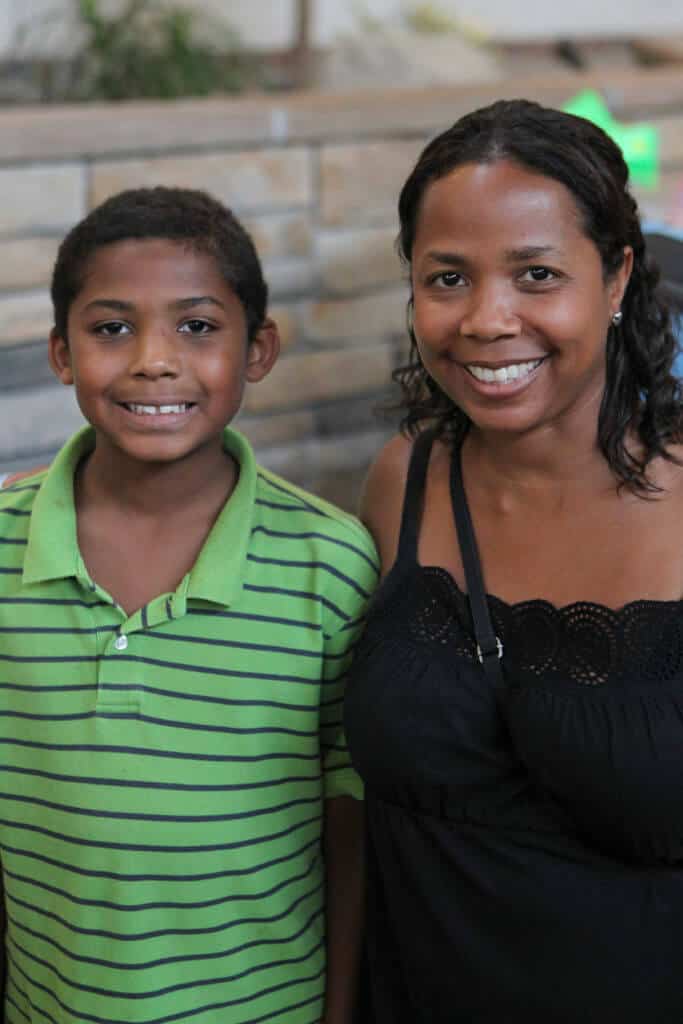 Entered higher education for the first time, training in the form of full-time and part-time education, university with state accreditation. Do I have a deferment from partial mobilization? Because I have open source software. They write that if there was a delay in studies when I studied at the SPO at the age of 18, then there will be no delay from mobilization, is that so?
Entered higher education for the first time, training in the form of full-time and part-time education, university with state accreditation. Do I have a deferment from partial mobilization? Because I have open source software. They write that if there was a delay in studies when I studied at the SPO at the age of 18, then there will be no delay from mobilization, is that so?
, question No. 3478130, Client :D, Bratsk
Adoption of children in Israel, how to adopt a child in Israel I Sophia Goldman Repatriation Bureau Darkon-israel
The procedure for adopting a child in Israel is by no means simple and involves a number of bureaucratic delays. Eloquent confirmation can be considered the fact that the waiting list for adoption can reach two or more years. Even more frustrating, prospective parents have little to no choice: the adopted child may have serious illnesses or poor heredity, and may also communicate regularly with his biological parents, who are deprived of parental rights.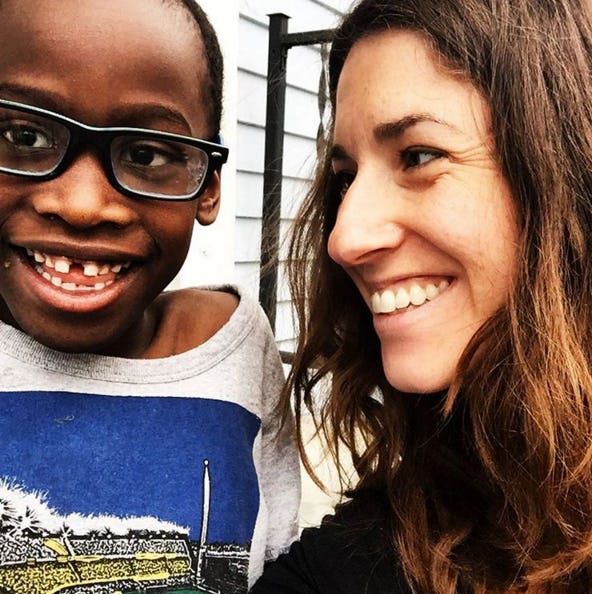 This can cause a lot of problems for adoptive parents. One of the few exceptions is adoption within the family, when a child loses his biological parents due to certain reasons - a fatal disease, a catastrophe. By the way, along with traditional adoption in Israel, guardianship of children left orphans with living parents is widespread. The problem of orphans in the Jewish state is of great importance. And unlike other countries, this problem is solved with high efficiency.
This can cause a lot of problems for adoptive parents. One of the few exceptions is adoption within the family, when a child loses his biological parents due to certain reasons - a fatal disease, a catastrophe. By the way, along with traditional adoption in Israel, guardianship of children left orphans with living parents is widespread. The problem of orphans in the Jewish state is of great importance. And unlike other countries, this problem is solved with high efficiency.
Adoption remains the best form of raising orphans in conditions that are as close as possible to their own family. From a legal point of view, adoption implies a legal relationship between the adoptive parents and the child, similar to those observed between children and their biological parents.
The very procedure of adoption in Israel is deliberately complicated. And any attempts to violate its order are illegal and criminally prosecuted. Thanks to this approach, social workers have the opportunity to comprehensively check the adoptive parents - both the sincerity of intentions and the material possibilities to raise a child. Since there are no orphanages in Israel, there is a significant influx of adopted children from abroad - from Ukraine, Russia, Belarus, as well as from a number of underdeveloped countries. What is very important, the Israeli guardianship and guardianship authorities have never recorded cases when, after adoption, newly-made parents expressed a desire to return the child to the orphanage.
Since there are no orphanages in Israel, there is a significant influx of adopted children from abroad - from Ukraine, Russia, Belarus, as well as from a number of underdeveloped countries. What is very important, the Israeli guardianship and guardianship authorities have never recorded cases when, after adoption, newly-made parents expressed a desire to return the child to the orphanage.
Laws of Israel regarding the adoption of children
Israeli laws on the adoption of children from other countries are based on the International Convention on the Rights of the Child. The current legislation defines in detail the procedure for adoption and specifies the conditions that the procedure itself must comply with. Thus, adoption in Israel is possible only for minor children, and exclusively in their interests. If the child has already reached the age of 9, for adoption it is necessary to obtain his personal consent. For the adoption of a child who has biological parents (and in their absence, grandparents), their consent is required.
Changes to the Adoption Law that came into force in 1998 allow Israeli citizens to adopt children from other countries, including Russian children. In accordance with this change, the adoption of a child abroad is possible only through a public organization - Amutu. The organization operates under license from the Department of Justice and the Department of Labor and Social Development and is overseen by the Central Office for Intercountry Adoption.
In Israel, this procedure takes 6-12 months. It includes the following steps:
- Psychologist and social worker interview the candidate.
- The adoption request is sent to the appropriate service of the foreign adoption office.
- The adoptive family receives medical information about the child.
- All documents necessary for adoption are drawn up.
Adoption rights are for people over the age of 25 who have lived in Israel for at least three of the last five years, as well as married couples who have lived together for at least three years.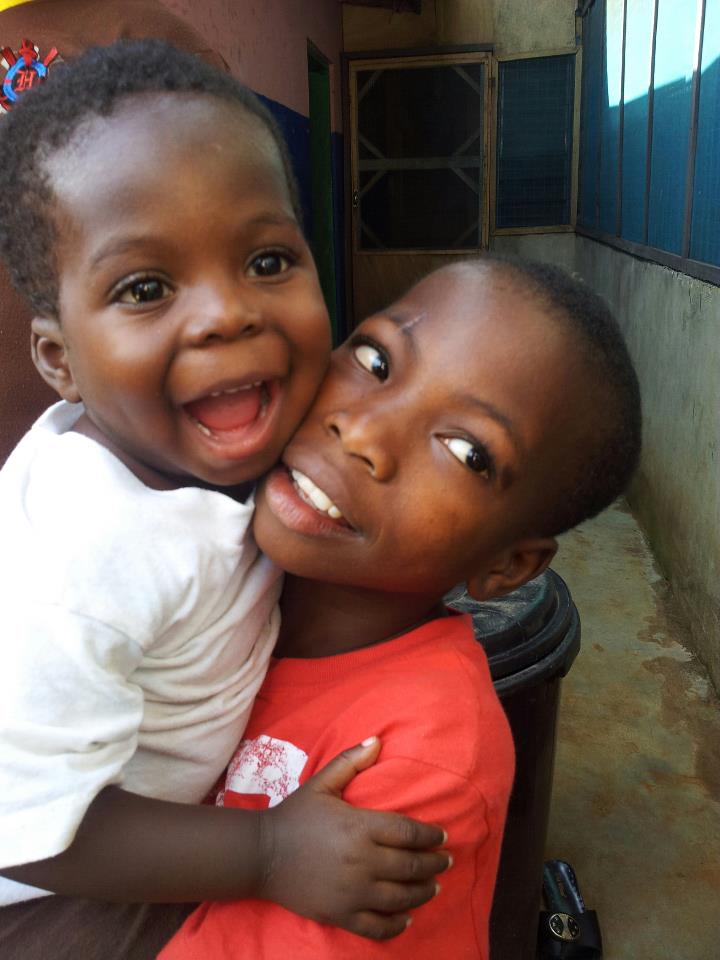 Good physical and mental health is also a prerequisite. The age difference between the adopter and the child should not be less than 18 years. Adoption rights do not apply to people who have been convicted of any crime of violence, sexuality, or crimes against children.
Good physical and mental health is also a prerequisite. The age difference between the adopter and the child should not be less than 18 years. Adoption rights do not apply to people who have been convicted of any crime of violence, sexuality, or crimes against children.
Also, Israeli law establishes adoption criteria in relation to children. So, you can adopt a child who lives in another country, in respect of which his transfer for adoption abroad is allowed, and the consent of the biological parents or close relatives has been obtained. In most cases, this applies to children aged six months to two years, who have been in orphanages or in foster families since birth.
Conditions for adoption in Israel
In accordance with Israeli laws, the adoption of a child by foreign citizens is allowed when it is impossible to transfer this child to the care of a family of the country of his citizenship, which permanently resides in the territory of this country, or if it is impossible to transfer the child for adoption to his closest relatives (while their place of residence , as well as their nationality does not play a role). If the child has both parents, consent to adoption must be provided from each of them - strictly on an individual basis. Whether they live together or separately - does not play a fundamental role. However, the adoption of a child will be refused if an agreement is not reached with one of the parents - without the need on his part to justify the reasons or reasons for the refusal.
If the child has both parents, consent to adoption must be provided from each of them - strictly on an individual basis. Whether they live together or separately - does not play a fundamental role. However, the adoption of a child will be refused if an agreement is not reached with one of the parents - without the need on his part to justify the reasons or reasons for the refusal.
The consent of the child's parents to his adoption is drawn up in a written application, their signatures are certified by a notary or an official. An official may mean a representative of the guardianship and guardianship authorities or the head of the institution in which the child is staying. In addition, the consent of the parents can be expressed orally in court - during the adoption procedure. The right to withdraw consent remains with the biological parents until the last moment.
In some cases, the adoption procedure may not require the consent of the parents, namely:
- if the child's parents are unknown or declared missing by a court decision;
- if the parents are declared incompetent;
- if they are deprived of parental rights - in accordance with a court decision;
- if they do not live with the child for more than six months, without good reason, and also evade the maintenance and upbringing of the child.

The consent of the guardian or trustee to adoption is mandatory if the child left without the care of biological parents is in a special institution or in a foster family. Consent must be given to the court in writing. However, along with it, it is also necessary to obtain consent from the parents if they do not fall under any of the points above - that is, they are not deprived of parental rights, are capable and do not shy away from raising the child. However, in the best interests of the child, the court may issue a formal adoption order even if the parent or guardian refuses.
In Israel, quite stringent requirements are put forward for everyone who wants to become adoptive parents. If they have the right to adopt an orphan child, not only personal qualities are taken into account, but also physical and mental health, material well-being, housing conditions, as well as the health status of the family members of the potential adopter. Consideration of these issues is entrusted to the bodies of guardianship and guardianship.